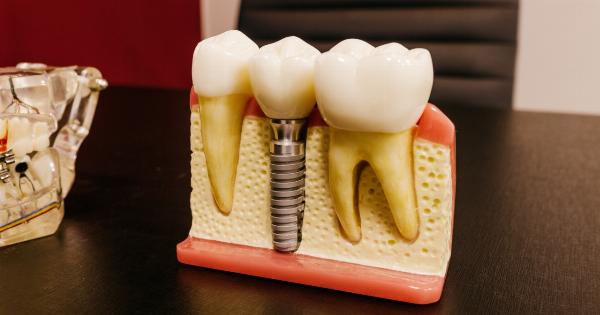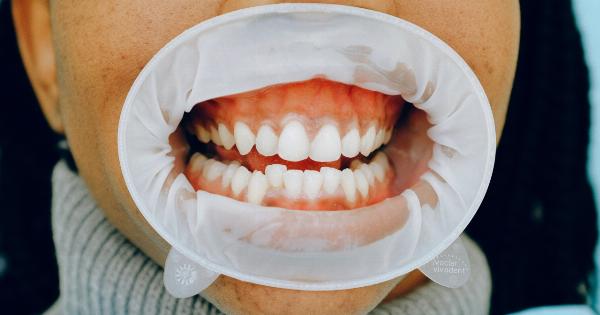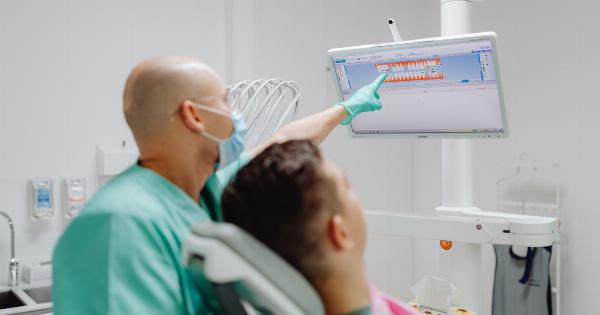The tongue is one of the most important organs in our body, responsible not only for taste but also for speech and swallowing. Hence, any issue that affects the tongue can be quite distressing and painful.
From cuts and burns to infections and trauma, tongue troubles come in various forms. Here are some common tongue problems and their emergency help and management tips:.
Canker Sores
Canker sores are small, painful ulcers that develop inside the mouth, including the tongue. They usually heal on their own within a week or two.
However, if you have multiple sores or severe pain, you may need to see your dentist or physician for prescription medications, such as topical anesthetics, corticosteroids, and antiviral drugs. You can also try over-the-counter pain relievers, such as acetaminophen or ibuprofen, or rinse your mouth with saltwater, baking soda, or hydrogen peroxide solutions.
Biting or Bruising
Accidentally biting your tongue while eating or talking can be quite painful and can cause bleeding and swelling. Applying ice or a cold compress can help reduce the swelling and numb the pain.
You can also rinse your mouth with saltwater to prevent infection. However, if the bleeding does not stop after 10 minutes or is profuse, or if the pain and swelling persist or worsen, seek emergency dental or medical care immediately.
Burns
Hot food and drinks, chemicals, and electrical wires are common causes of tongue burns. To prevent further damage, cool the affected area with ice or cold water for 10-15 minutes, or until the pain subsides.
Avoid consuming hot or spicy foods, smoking, or drinking alcohol, which can irritate the burned area. Apply aloe vera gel or a topical anesthetic, such as lidocaine or benzocaine, to soothe the pain and promote healing. If the burn is severe or accompanied by fever, difficulty breathing, or chest pain, call 911 or go to the emergency room immediately.
Infections
Viral, bacterial, and fungal infections can affect the tongue and cause symptoms such as swelling, redness, white or yellow patches, and pain.
In some cases, the tongue may become furrowed or papillae (taste buds) may enlarge and appear like hair-like projections. Common tongue infections include:.
- Oral thrush: a fungal infection caused by Candida yeast that appears as white patches on the tongue and inside the mouth. It is common in infants, older adults, and people with weakened immune systems or diabetes. Treatment may involve antifungal medications, such as nystatin or fluconazole, lozenges, and mouth rinses.
- Herpangina: a viral infection caused by coxsackievirus that appears as small, painful blisters or ulcers on the back of the tongue and throat. It is common in children and usually resolves on its own within a week or two. Pain relievers and antiviral medications may help relieve the symptoms.
- Stomatitis: an inflammation of the mouth that can be caused by viruses, bacteria, or irritants. It is common in children and people with compromised immune systems. Treatment involves identifying and avoiding the triggers, maintaining good oral hygiene, and using topical or systemic medications, such as antibiotics or corticosteroids.
If you suspect that you have a tongue infection, see your dentist or physician promptly. They can perform a physical exam, culture the affected area, and prescribe the appropriate medications.
Ulcers
Tongue ulcers are deep, painful sores that can occur due to various factors, such as stress, vitamin deficiencies, autoimmune disorders, or cancer. They may appear as red or white patches or nodules on the tongue or other parts of the mouth.
Treatment depends on the underlying cause and may include topical or systemic medications, dietary supplements, or surgery. If the ulcer persists for more than two weeks or is accompanied by fever, difficulty swallowing, or weight loss, see your dentist or physician immediately.
Bumps and Lumps
Tongue bumps and lumps can be benign or cancerous. Benign bumps may be caused by tongue muscle hyperplasia, mucous cysts, or papillomas, and usually do not require treatment unless they cause discomfort or interfere with eating or speaking.
However, cancerous lumps can be life-threatening if not detected and treated early. Common signs of tongue cancer include persistent pain, swelling, or numbness, changes in the texture or color of the tongue, and difficulty chewing or swallowing.
If you notice any suspicious bumps or lumps on your tongue or elsewhere in your mouth, see your dentist or physician immediately. They may perform a biopsy or imaging tests, such as CT or MRI scans, to determine the cause and extent of the condition.
Foreign Objects
Accidentally swallowing or inhaling foreign objects, such as coins, buttons, or food, can cause choking, suffocation, or damage to the tongue and other organs.
If the object is stuck in your throat or windpipe and you cannot breathe, cough, or speak, seek emergency medical attention immediately. If the object is only partially caught in your tongue or mouth, try gently removing it with tweezers or your fingers, or by rinsing your mouth with water or coughing forcefully.
However, do not force the object deeper or swallow it, as this can cause further injury or blockage.
Tongue Piercings
Tongue piercings, although popular among some people, can pose various risks, such as infection, bleeding, nerve damage, and tooth damage. To minimize these risks, follow these tips:.
- Choose a reputable and licensed piercing studio that uses sterile and hypoallergenic equipment and jewelry.
- Clean the piercing site regularly with a saline or antiseptic solution and avoid touching or playing with the jewelry.
- Limit your food and drink intake and avoid smoking, alcohol, or drug use for the first few days after the procedure.
- If you experience any signs of infection, such as swelling, redness, discharge, or fever, see your dentist or physician immediately.
Conclusion
Tongue troubles can range from mild to severe and require prompt and appropriate treatment to prevent further complications or pain. By following the above emergency help and management tips, you can help protect your tongue and stay healthy.
Remember to maintain good oral hygiene, eat a balanced diet, and see your dentist or physician regularly for checkups and advice.






























